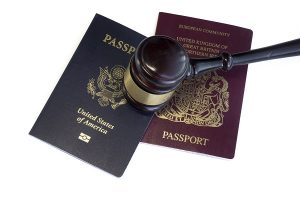Search
Not Just Another Covid-19 Announcement
Some of you may be concerned about the impact of the Coronavirus aka Covid-19 outbreak on your taxes, and those of your clients. The news from the IRS has been slow in coming. On Friday of last week President Trump declared a National Emergency. At the same time, he directed Treasury Secretary Mnuchin to provide relief from “tax deadlines” to Americans who are adversely impacted by the emergency. This allows the IRS to extend various deadlines for up to a one-year period. This authority is not, however, self-executing. That is, the IRS must specify exactly which due dates, and for how long they are being extended.
Prior to President Trump’s announcement Secretary Mnuchin had told reporters that most deadlines would be extended for “small businesses” and most individuals other than the “super rich.” Our tax lawyers couldn’t find a definition of super rich anywhere in the Internal Revenue Code. Finally, this morning, Tuesday March 17th, after partnership and certain LLC returns were already due, Mnuchin stated in a press conference that the filing deadline for the 2019 income tax return would be extended by 90 days. For individuals that would mean July 14th. Presumably, the IRS will actually extend the date to July 15th just to make things a touch easier. Individuals living overseas already have an extension to June 15th so presumably they would have until September 15th to file.
In addition to stating that the income tax filing deadline would be extended, Mnuchin also stated that the 2019 payment deadline for income taxes owed of less than $1 million dollars for individuals or $10 million for corporations. This would be an interest and penalty free extension. For those who are over the thresholds it is unclear whether the entire amount due would be subject to interest and penalties or just that amount over the threshold. It is also not clear whether the filing extension would apply to those who owe taxes in excess of the cut-off amount.

 Tax Problem Attorney Blog
Tax Problem Attorney Blog






